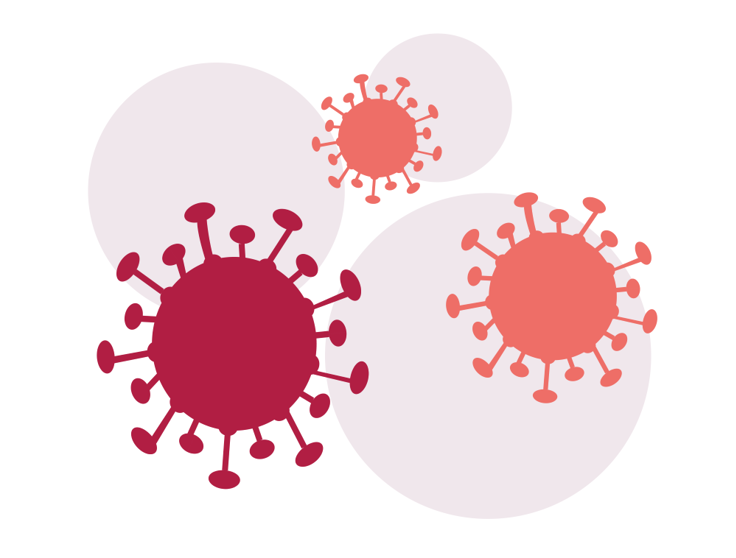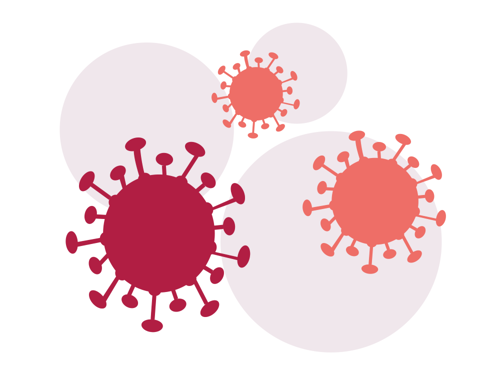When you are in isolation - archived
Updated
This content is archived and will not be updated.

People with confirmed COVID-19 must go into isolation at home, at a healthcare institution or elsewhere.
This information is now archived. Current advice can be found here:

Home isolation applies to people with confirmed COVID-19 but who do not need to be admitted to hospital.
It is important that children and adolescents receive the care they need, even if this means that distance cannot be kept. This applies regardless of whether it is the child or guardian who is in isolation.
Healthcare institutions have stricter measures to control the spread of COVID-19 than the rest of the society. If you are in hospital or live in a healthcare institution, the advice about isolation length will differ from the COVID-19 Regulations.
If you do not have a permanent place to live, or the place you live in is not suitable for isolation, the municipality you are staying in will help you find such a place. This also applies to persons without legal residence in the country / undocumented migrants. This is free and you will be given food and drink. You are not allowed to go outside or have visitors when you are in isolation. More information about health care for people without legal residence in the country, see Helsenorge.no: Healthcare for people without legal residence
The following applies for people in isolation:
- You must be in isolation for 4 full days from the time you develop symptoms AND until you have been fever-free for 24 hours without the use of antipyretic medication. This also applies if you develop symptoms after you had a positive test. If you do not have symptoms, you should be in isolation for 4 full days from the time you took the test that was positive. The isolation rules apply regardless of vaccination status and which SARS CoV-2-variant was detected.
- Wherever possible, you must maintain a safe distance from others. For children and people who need medical help, the need for care should be given the highest priority.
- If possible, use a separate room and bathroom. Use your own towels and toiletries.
- You should have food delivered to your room or be alone in the kitchen.
- If you live with other people, you should go into isolation in your room and maintain the physical distance from those you live with. Do not leave your home, although you can go into your own garden or onto your own balcony, while maintaining a distance from others. Children and adolescents in isolation can also be outdoors as long as they are not in contact with anyone other than household members.
- Get help from others to perform essential errands.
- You and members of your household cannot have visitors.
- If you have to be nearer to other household members than 2 metres, it is recommended that you wear a face mask if your health permits it. Alternatively, household members should wear a face mask when they are closer than 2 metres to the person who is ill. It is not recommended that children under 12-13 years of age wear a face mask. Children under 2 years of age should not wear a face mask under any circumstances.
- Ask your doctor how you should monitor your health.
- Ring the healthcare service if you need medical attention because your condition has deteriorated (for example, you experience breathing difficulties) or for other reasons. Explain that you have COVID-19 when you call. They will then be able to implement measures to prevent other people from becoming infected. Do not use public transport.
- The people you live with must be careful about hand hygiene.
- Regular cleaning is sufficient.
Video about the isolation rules (in several languages)
After recovery from COVID-19
When you have finished the isolation period, you are no longer considered contagious. Isolation also ceases in those cases where others in your household are still in isolation.
Although most people have mild respiratory tract symptoms, some have persistent symptoms such as loss of / altered sense of taste and smell, residual cough, shortness of breath and decreased general condition, even after the isolation period is over. These symptoms usually go away on their own after a while. In the beginning, it can be good to alternate between rest and gentle physical activity, such as going for a walk.
Some have persistent symptoms over a long period of time. If you have problems that affect your daily life and do not improve, you should contact your GP.
If you have difficulty breathing, or feel very ill, you should contact the emergency out fof hours clinic 116 117, alternatively 113 if you need immediate help.

